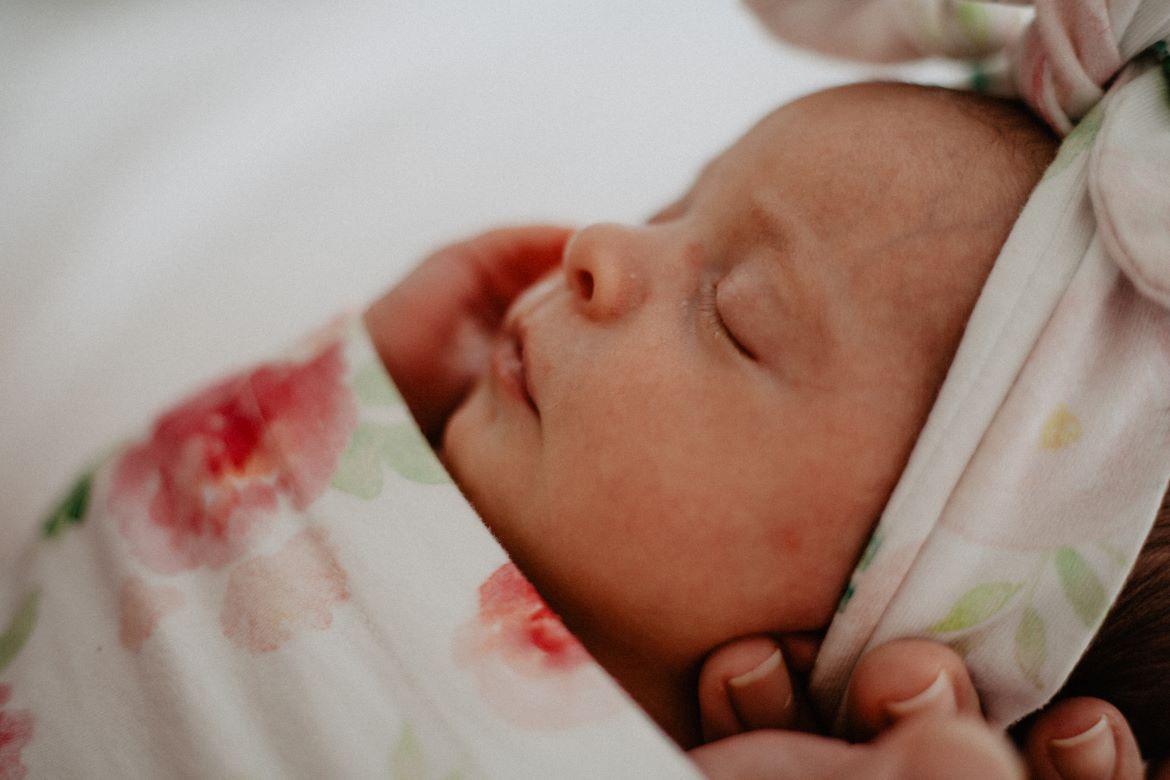By Elli Pears & Sarah Hemstock
When speaking to parents about their children’s sleep, we have found that they spend a lot of time stressing about sleep simply because they think that their babies are not doing what they are supposed to be doing. Parents spend so much time feeling anxious about whether their baby is “normal”. It breaks our hearts how often parents will share that they feel like they are doing something wrong because their baby is not doing exactly what everyone else says they should be.
The truth is, your baby is probably already doing what they are supposed to be doing, and the frustration you are feeling likely has more to do with the gap between cultural expectations and biological norms when it comes to infant and toddler sleep. Chances are, a lot of what you are experiencing when it comes to your little one’s sleep is very normal and any stress you are feeling has more to do with the fact that we desperately need to do more to normalise infant and toddler sleep patterns.
Essentially, the stress around infant and toddler sleep has much more to do with how we think or have been told that our children should be sleeping, rather than how they are actually sleeping.
This is why we think it is so important that we help parents to set realistic expectations when it comes to their child’s sleep. If we work to close the gap between where our societal expectations have fallen, and what is actually developmentally normal and healthy for our children to be doing, we can help to ease the frustration so many parents feel. ⠀
Let us give you a few examples.
If our expectation is that our babies should be sleeping through the night because that’s what all our friends’ babies are ‘doing’, then we become increasingly frustrated when our baby behaves normally and wakes a few times a night. ⠀⠀⠀⠀⠀⠀⠀⠀⠀
⠀⠀⠀⠀⠀⠀⠀⠀⠀
When our expectation is that our children should fall asleep independently, we become frustrated when we need to support them to sleep instead of melting into it and enjoying that time together.
When our expectation is that sleep is linear and once you get a good stretch, you should always get at least that length of sleep, we become frustrated when our children are going through a developmental period and need us more often than they did the previous week. ⠀
But if we stop and take a moment to see our children for who they really are – immature, dependent and precious little beings – we can shift our expectations.
Our children are meant to need us, they are meant to call for us if they have needs to be met.
We have to remember that sleep is a biological function. It is factors such as circadian rhythms and homeostatic sleep pressure that influence your child’s sleep, not the opinion of those around you. This is part of the reason why we need to move past broken societal expectations.
Sleep pressure basically means that as our children are awake through the day, there is a build up of pressure. The longer they are awake, the more pressure builds up! As children learn and grow each day, they build up sleep pressure in their brains more quickly than adults, and the only way to relieve this pressure is to nap. The biggest build-up of pressure happens at bedtime. Circadian rhythm is our internal biological clock and helps us to adapt to the cycle of day and night. Our bodies change in response to light and darkness in conjunction with this biological clock. The circadian rhythm is controlled by exposure to light and dark. ⠀⠀











